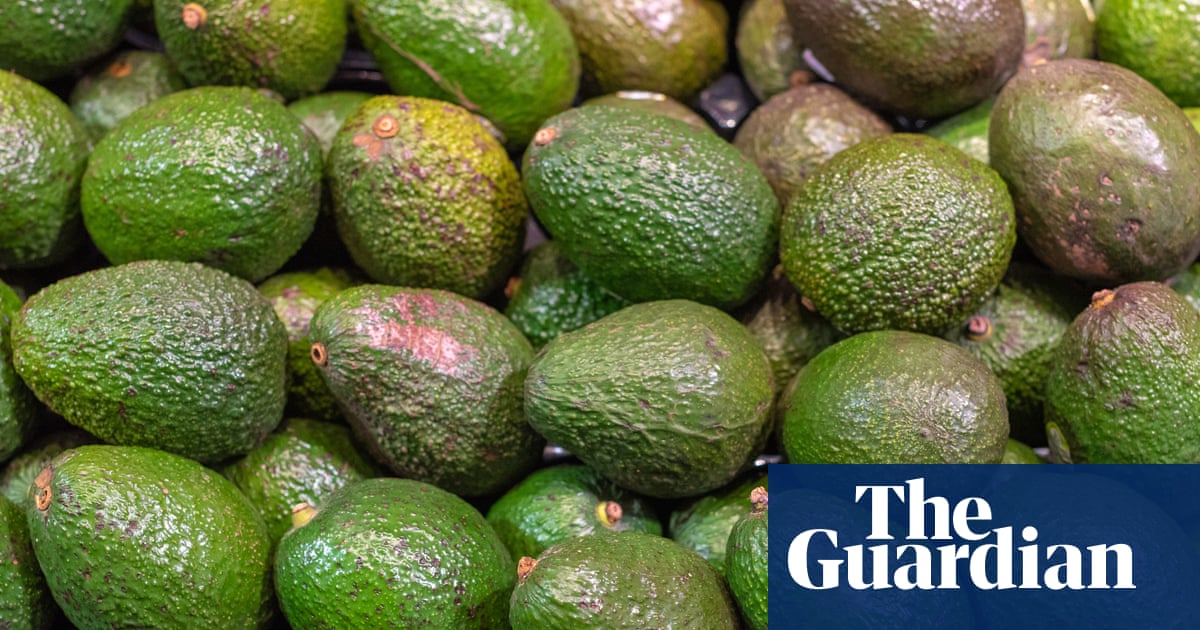
"The senior study author, Prof Henning Bundgaard, a professor at Copenhagen University hospital, said: The human body evolved on a potassium-rich, sodium-poor diet when we were born and raised on the savannah and eating [fruit and vegetables]. We [now] tend to go to [a] modern diet that is processed foods and, the more processed, we see more and more sodium in the food and less potassium, meaning that the ratio between the two has changed from 10:1 to 1:2 a dramatic change."
"Should I worry about my salt intake? Potassium is crucial for cardiac function and we know from observational studies that low potassium increases the risk of arrhythmias and heart failures and death. We also know that potassium can be increased. The simple question we asked in the trial was: would we benefit the patients by increasing potassium?"
"The trial involved 1,200 heart patients in Denmark with implantable cardioverter defibrillators (ICDs), half of whom were given dietary advice on how to boost their potassium levels. We have a list [of foods] that we gave to the patients. We followed general dietary instructions [in Denmark known as] the pyramid of foods. White beets, beetroots, cabbage and so on are all high-content potassium-rich diets. We did not recommend meat, which is also potassium-rich, because it is also rich in sodium and counter-interacts the increase in potassium."
Consuming potassium-rich foods can substantially lower cardiovascular risk and reduce hospitalisation and death by about 24 percent. Potassium increases salt removal from the bloodstream and counteracts high sodium intake. Low potassium levels are associated with higher risk of arrhythmias, heart failure, and mortality. A trial with 1,200 heart patients with implantable cardioverter defibrillators tested dietary advice to raise potassium intake. Recommended sources included avocados, bananas, spinach, beets and cabbage, while meat was avoided because its sodium content can offset potassium benefits. Reducing dietary salt and increasing potassium through whole foods supports better heart health outcomes.
Read at www.theguardian.com
Unable to calculate read time
Collection
[
|
...
]